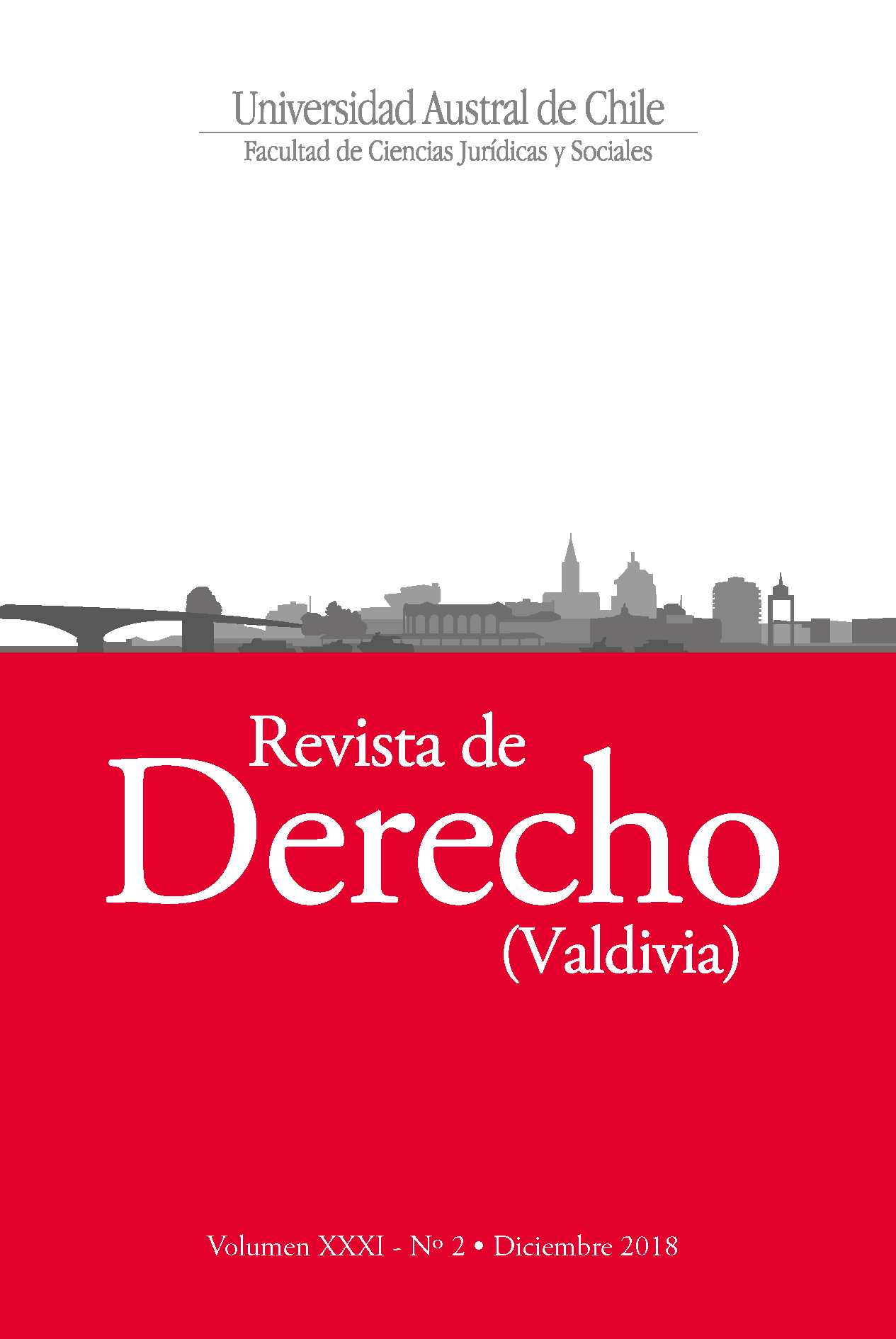Empirical legal study on the use of comparative law by the Constitutional Court of Chile
Main Article Content
Abstract
This paper is an empirical legal study on the use of comparative law by the Constitutional Court of Chile between the years 2006-2012. After verifying the relevant use of comparative law as part of the arguments of the Constitutional Court rulings, a descriptive analysis is offered on the formal fulfillment of these references, and another data was built on the motives exposed by the Court, either the transplant of unknown legal solutions, or a simple complement or addition to the internal norms. Finally, we examine the possible uses of comparative references: demarcate the legal resolution of the case, to confirm the decision already adopted or to show a different legal alternative. Finally, on the basis of unpublished empirical legal data, we answered the research question regarding the relevant, strategic or merely decorative role of comparative law references in the jurisprudence of the Constitutional Court.

